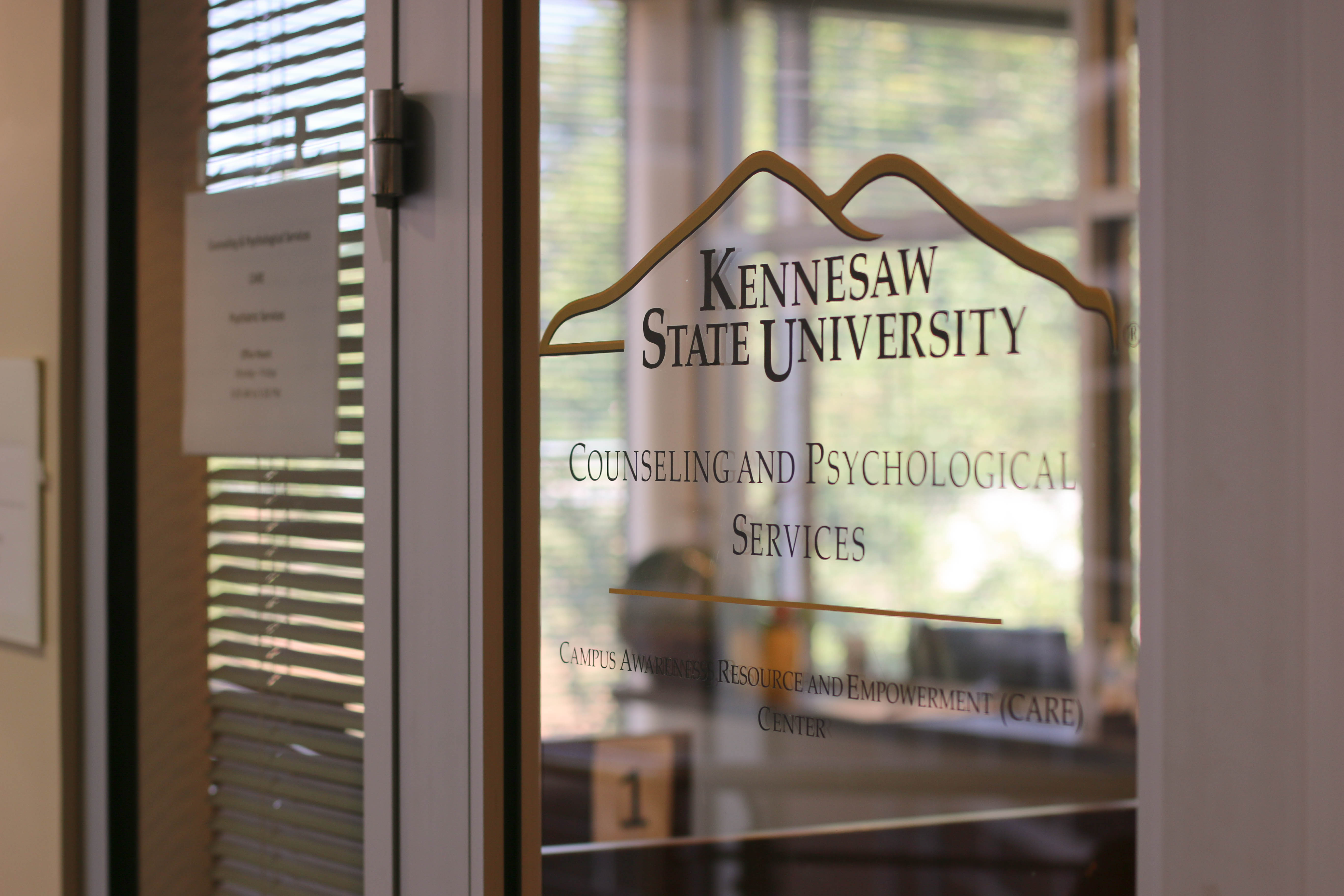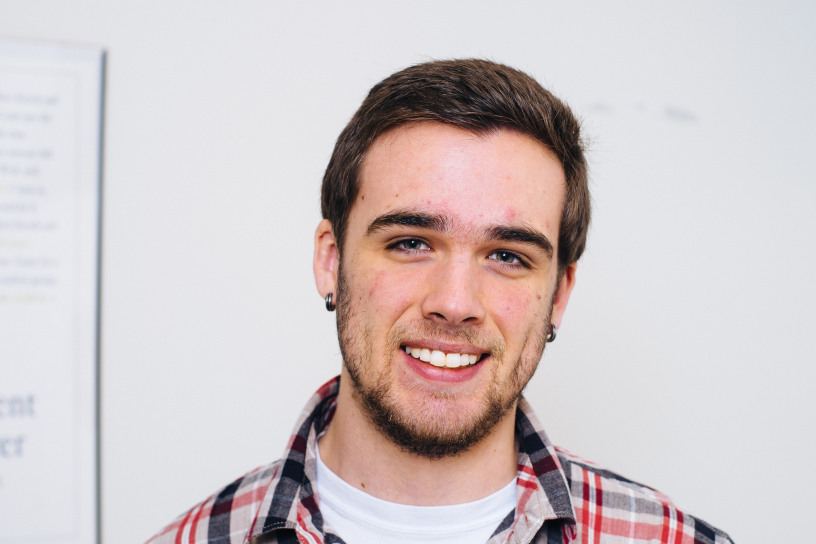This year, instead of setting a traditional resolution, the goal I chose to take on was to get the most out of my education this year, while making time to care for myself.
Although it may seem like a simple objective, it’s taken a lot of time and energy to schedule events, have alone time and attempt to maintain a positive attitude, all while staying on top of regular schoolwork and class schedules.
One of the first steps I took toward achieving this goal was to make my first ever appointment with a psychologist. But this wasn’t because I started the year off feeling helpless or in need of emotional support — it was because I know I have a tendency to take on a lot and sometimes ignore my own needs pertaining to my mental health when I do this. I also am susceptible to feeling depressed or extremely anxious during these times. By regularly seeing a therapist, I know that I am taking a personal step toward holding myself accountable to continue striving for balance in my life.
Heather Croas, a former KSU student and an advocate for mental health, shared stories of her own personal journey with mental illness as well as her experience with recovery.
“There is a difference between mental health and mental illness,” Croas explained. “Everyone has mental health and needs to take care of their mental health.”
Mental health is an important topic that falls under the category of one’s overall health. It is often sidestepped in discussions of a healthy lifestyle, likely due to its intangible nature and association with mental illness, which is still viewed by many as a taboo or stigmatized topic.
According to the National Alliance on Mental Illness, 1 in 5 adults in the United States each year experience mental illness. In youth, 20 percent have suffered from a severe mental health illness.
I believe that it is crucial to speak about the challenges we deal with on a day-to-day basis because each of us is responsible for our own mental health. The more we share, the less taboo the conversations become. Croas agreed with me.
“One of the most dangerous things about stigma is that it doesn’t affect only the person that it’s inflicted upon. It affects society as a whole,” she said.
According to the Centers for Disease Control and Prevention, “57 percent of adults without mental health symptoms believed that people are caring and sympathetic to persons with mental illness, but only 25 percent of adults with mental health symptoms believed that people are caring and sympathetic to persons with mental illness.”
This demonstrates the need for more conversations surrounding the normality and education about mental illnesses and the importance of mental health.
Even though my personal decision to stay on top of my mental health is to see a psychologist and get involved in clubs on campus, each person is different. I believe a big part of the fight depends on finding things that work on an individual level.
Croas also stressed the importance of self-care.
“People often overlook the importance of playing, of being creative, of doing something fun,” she said. “Figure out what you need to do for yourself and make time for yourself every day. Society has in it this innate ability to make you feel selfish because you need to take care of yourself, which is so messed up.”
She also clarified some myths about the recovery process.
“The reality of it is you may have setbacks that knock you back along in your recovery, but that doesn’t mean you’re not still in recovery,” Croas said. “It just means that you may have to take a break and gather yourself and go back out there. It’s still possible, and that’s a great thing.”
Because of the volume of people that experience mental illness in their lifetime, many schools offer help either through counseling services or by offering mental health events. KSU is one of these schools.
The Counseling and Psychological Services Center at KSU offers sessions at no added cost to the student, as they are covered entirely by student fees. They help with concerns ranging from anxiety and depression to the balance between life and college, and everything in between. The center has locations on both the Marietta and Kennesaw campuses.





One of the most dangerous things about stigma ???
One of the most dangerous thing about p e o p l e w h o s a y there is a “stigma” is the terrible harm they cause.
It is best to avoid them.